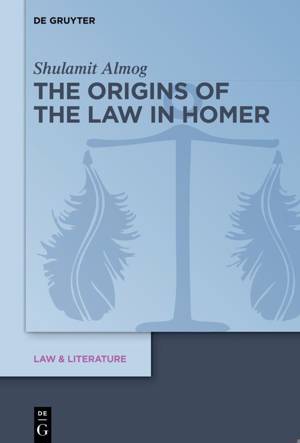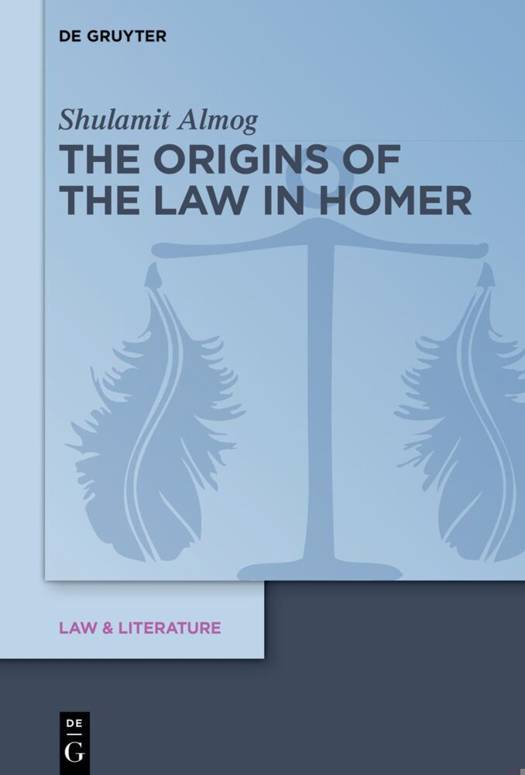
Door een staking bij bpost kan je online bestelling op dit moment iets langer onderweg zijn dan voorzien. Dringend iets nodig? Onze winkels ontvangen jou met open armen!
- Afhalen na 1 uur in een winkel met voorraad
- Gratis thuislevering in België vanaf € 30
- Ruim aanbod met 7 miljoen producten
Door een staking bij bpost kan je online bestelling op dit moment iets langer onderweg zijn dan voorzien. Dringend iets nodig? Onze winkels ontvangen jou met open armen!
- Afhalen na 1 uur in een winkel met voorraad
- Gratis thuislevering in België vanaf € 30
- Ruim aanbod met 7 miljoen producten
Zoeken
€ 15,45
+ 30 punten
Omschrijving
The book aims to introduce the Homeric oeuvre into the law and literature canon. It argues for a reading of Homer's The Iliad and The Odyssey as primordial narratives on the significance of the rule of law. The book delineates moments of correspondence between the transition from myth to tragedy and the gradual transition from a social existence lacking formal law to an institutionalized legal system as practiced in the polis. It suggests the Homeric epics are a significant milestone in the way justice and injustice were conceptualized, and testify to a growing awareness in Homer's time that mechanisms that protect both individuals and the collective from acts of unbridled rage are necessary for the continued existence of communities. The book fills a considerable gap in research on ancient Greek drama as well as in discourses about the intersections of law and literature and by doing so, offers new insights into two of the foundational texts of Western culture.
Specificaties
Betrokkenen
- Auteur(s):
- Uitgeverij:
Inhoud
- Aantal bladzijden:
- 149
- Taal:
- Duits
- Reeks:
- Reeksnummer:
- nr. 21
Eigenschappen
- Productcode (EAN):
- 9783111357959
- Verschijningsdatum:
- 24/10/2023
- Uitvoering:
- Paperback
- Formaat:
- Trade paperback (VS)
- Afmetingen:
- 156 mm x 234 mm
- Gewicht:
- 240 g

Alleen bij Standaard Boekhandel
+ 30 punten op je klantenkaart van Standaard Boekhandel
Beoordelingen
We publiceren alleen reviews die voldoen aan de voorwaarden voor reviews. Bekijk onze voorwaarden voor reviews.











